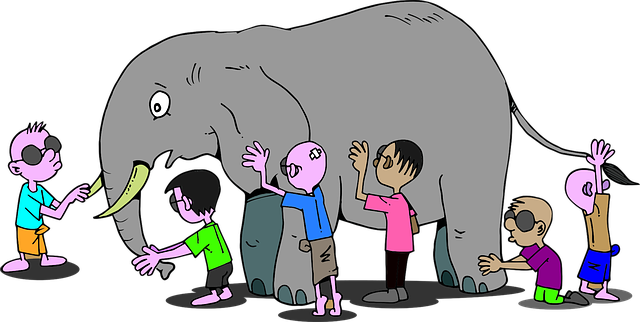Trigger Warning: Are Trigger Warnings Overused?

Are you ever spilling your guts to your friends and suddenly feel that you have to hold back in fear of triggering their own trauma? Or feel like you have to warn them before delving into a personal anecdote?
In recent years, “trigger warnings” have become more common in media spaces, classrooms, and everyday conversations. They’re intended to warn of a pending discussion of sexual abuse, domestic violence, and other topics that could potentially spur anxiety in a reader or participant. But do these warnings actually help anyone?
In an article from The New Yorker, it’s argued that trigger warnings prior to an article can actually cause a reaction in readers before they even have the chance to read it.
Whether you are someone who tries to steer clear these triggering discussions, or are wondering how to navigate these conversations, here are a few things to keep in mind:
Acknowledge that feeling of being triggered and try to find the space to move past it.
We live in a world where the idea of triggering others or yourself paralyzes us and can hold us back from sharing our stories with others. If you get to this point in a conversation with friends or colleagues, the first thing to do is acknowledge that feeling of being triggered — either within yourself or someone else. Explore or talk through what you’re thinking about and how what you were talking about is related to that feeling. From here you can encourage yourself to continue on past this moment. Being able to talk about your triggers can help you begin to heal from them and learn to live with them.

Practice self-care, even if it means excusing yourself.
Know that you’re always able to step away from a conversation if you feel that it’s no longer productive, or that emotions are too high to continue. Practice excusing yourself when you’re feeling overwhelmed, and give others the space to excuse themselves when they’re feeling the same way, no questions asked.
Your triggers shouldn’t hold you back from having hard conversations.
Allowing yourself to sit with uncomfortable feelings helps you to grow emotionally. Start to see your triggers as invitations to dive into healing yourself by finding the source of your discomfort. Why are discussions of hard topics like sexual assault or domestic violence setting off such a strong reaction in your body? Don’t force yourself into triggering situations, but sit with them and face them when they come along. Give yourself space to examine what triggers your discomfort, and help others to do the same.
We can all co-exist in the same universe with different opinions.
In our world today, we’re constantly bombarded with the thoughts and opinions of everyone around us whether we want to hear them or not. This ultimately means that we’re going to find ourselves in conversations with individuals who may have trauma and a perspective that we’ve never considered. The only way that we can grow and learn is by talking to people with differing opinions and experiences of their own. We shouldn’t feel that we can’t discuss our personal history with others because of their potential triggers.

Trigger warnings can be helpful in giving people the option to either continue in a conversation or consume a piece of media, or to step away. We can all learn from other’s perspectives and views, whether the content disturbs us or not. The way that we deepen our relationships with the people around us is by talking about these hard things, and we shouldn’t feel that we have to constantly walk on eggshells. Healing begins where our comfort zone ends.
This guest post was authored by Monica Yates
Monica Yates is a trauma healer, feminine/masculine embodiment coach, and period whisperer. She’s also the podcast host of Feminine As F*ck Podcast and runs a business helping people from all walks of life get into their magnetic feminine energy, feel safe letting men lead, heal their cycle and be free of the trauma and energetic blocks that hold them back from living their dream life. She has been featured in Vogue, Glamour, Men’s Health and more. Learn more at monicayateshealth.com.
*******
Ms. Career Girl strives to provide valuable insights you can use. To see more from our columnists and guest authors, check these out! Or subscribe to our weekly email featuring our latest articles. We’re also present on Medium!

